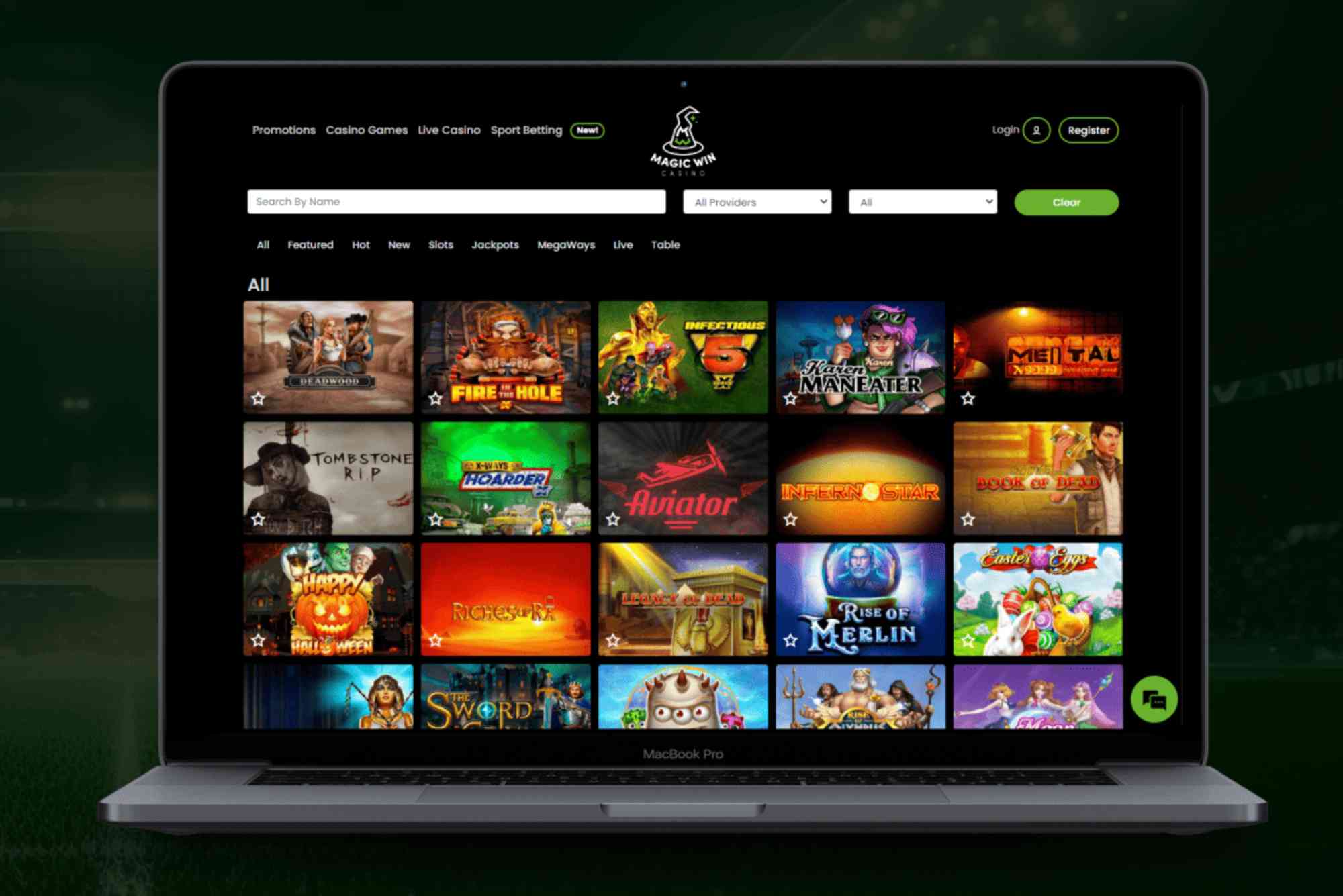Every gambler has asked themselves this question at some point — how much is too much? Gambling, whether in a casino, on your phone, or at the races, has always been about entertainment and risk. It’s the thrill of the game that draws people in, but without clear boundaries, that thrill can quietly turn into something dangerous. The concept of “safe limits” in gambling isn’t about stopping fun; it’s about preserving it. Understanding where those limits lie — and how to recognize them — is essential for anyone who wants to gamble responsibly and enjoy it long-term.
Understanding the Idea of Safe Gambling Limits
Safe gambling limits are guidelines or boundaries that help players control how much time and money they spend on gambling. They aren’t strict rules imposed from the outside but personal checkpoints designed to keep gambling within healthy, manageable levels.
The idea is simple: gambling should never harm your finances, relationships, or mental health. You can think of it like drinking alcohol — a glass of wine might be fine, but a bottle every night will eventually cause problems. The same balance applies to gambling. A few spins on a slot machine for fun? Perfectly fine. Spending your rent money hoping for a big win? That’s crossing a line.
Safe limits can vary widely between individuals. For some, it might be £10 a week; for others, it could be £100 a month. What matters most is not the number, but whether it fits comfortably within your disposable income and emotional control.
The Role of Gambling Sites UK and Responsible Play
Modern gambling sites uk have become more aware of their social responsibilities. Many reputable platforms now include built-in tools to help players manage their behavior. These might include deposit limits, time reminders, or the ability to take short breaks or self-exclude entirely.
The UK Gambling Commission requires licensed operators to actively promote safer gambling measures and to provide users with easy ways to control their spending. This includes pop-up alerts, transaction tracking, and links to support services. Reputable UK-based casinos and betting platforms go even further — they integrate personalized data monitoring to detect risky behavior early, such as chasing losses or increasing stakes after a losing streak.
Having worked with players and seen both sides of online gambling, I can say that these systems genuinely make a difference. When used correctly, they help maintain control without taking away the excitement. However, they only work when players engage with them honestly — which means setting realistic limits and sticking to them, even when temptation strikes.
Why Setting Limits Actually Enhances the Experience
Some players resist the idea of limits, assuming it will ruin the fun or make gambling feel restrictive. But it’s the opposite. When you know your boundaries, you can relax and enjoy the experience without guilt or anxiety.
Think of it this way: the stress of worrying about money or chasing losses is what makes gambling unhealthy. Setting financial and time limits creates a buffer — a way to separate entertainment from obsession. When you know the session is over at £50 or after two hours, you’re free to focus on the game itself, not the outcome.
In fact, data from responsible gambling programs show that players who pre-commit to limits tend to gamble more sustainably over time and are less likely to experience financial or emotional harm. They view gambling as leisure — not an income source.
Emotional Awareness: The Hidden Side of Safe Limits
While financial limits are easier to measure, emotional limits are often ignored — and that’s where the danger lies. The signs that gambling is slipping beyond control usually appear emotionally before financially. Frustration, guilt, irritation after losses, or lying to others about gambling habits are red flags.
Safe gambling is as much about mindset as it is about money. You should be able to walk away from a game whether you win or lose and still feel okay. Once you start gambling to “make things right” after a loss, you’ve stepped outside the safe zone. That’s why it’s crucial to pay attention not only to your bank balance but to your emotional balance too.
It’s often helpful to treat gambling like any hobby — schedule it, budget it, and give yourself breaks. The key is to keep perspective: it’s entertainment, not an escape from problems or a solution to them.
Practical Ways to Set and Stick to Safe Limits
Setting limits isn’t just about picking a number out of thin air. It’s about self-awareness and structure. The best way to do it is to assess how much disposable income you have after covering essentials — rent, bills, food, savings — and decide what portion of that can go toward entertainment, including gambling.
Time limits are equally important. Most responsible players benefit from pre-defined play sessions — perhaps an hour in the evening or a weekend session, with breaks in between. Many online platforms now offer reality checks, alerting you after a set period so you can pause and reassess whether you want to continue.
Another effective strategy is to withdraw winnings immediately instead of reinvesting them. It’s easy to get caught in the loop of “just one more round,” but once your profit hits your bank account, it feels more real — and harder to gamble away.
If you ever find it difficult to maintain these boundaries, there are plenty of support networks like GamCare, BeGambleAware, and GamStop, which provide free, confidential help to anyone struggling with gambling control. The goal isn’t to stop gambling altogether but to make sure it remains a positive, safe part of your life.
Why Some Players Struggle to Stay Within Limits
The challenge with gambling is that it taps into powerful human emotions — excitement, hope, and sometimes desperation. The random reward system of wins and losses can easily override logical thinking. Even those who start with good intentions may push their limits after a few losses or a big win that boosts confidence.
This is why discipline is critical. The best gamblers I know — including professionals — stick to rigid bankroll rules. They treat gambling like any other investment: plan, risk only what you can afford, and walk away when the session ends. Those who fail to do this often fall into the trap of chasing losses, which is one of the most dangerous behaviors in gambling. Once you start thinking, “I just need one win to recover,” you’re no longer playing for fun — you’re gambling out of emotion, and that’s when harm begins.
How Casinos Encourage Safe Limits
Not all casinos exploit players. In fact, many legitimate operators take proactive steps to protect their customers. Licensed platforms in the UK must display clear links to responsible gambling organizations and allow users to self-exclude if needed. They also monitor patterns that indicate harmful behavior — for example, repeated deposits after losses or playing for unusually long hours.
Operators with strong reputations build long-term relationships with customers, and that means helping players stay in control. After all, a player who gambles responsibly is far more likely to remain loyal and active over time. Safe gambling isn’t just a moral responsibility — it’s also good business.
A Personal Perspective on Staying Balanced
As someone who has been writing about and studying online gambling for years, I’ve seen both the benefits and pitfalls of betting. Gambling can genuinely be fun, social, and even intellectually engaging when you understand odds and strategy. But I’ve also seen how easily a harmless pastime can turn stressful when limits are ignored.
The trick is to recognize gambling for what it is — an unpredictable game of chance, not a financial plan. When you approach it with respect for your own boundaries, it can stay enjoyable for years to come. But the moment you start to gamble for emotional relief or to “win back” losses, it’s time to take a break.
The Future of Safe Gambling
The industry is evolving toward a healthier direction. AI-based monitoring systems are now able to flag risky behaviors automatically. Personalized notifications can suggest breaks or offer resources if a player’s activity shows signs of distress. Governments and regulators are also tightening oversight to ensure gambling remains fair and responsible.
Players themselves are becoming more educated about their habits, and communities promoting responsible gambling are stronger than ever. The concept of “safe limits” is no longer niche — it’s becoming the foundation of ethical gaming worldwide. For anyone gambling today, that’s a reassuring sign that the industry is growing more mindful, not just more profitable.
Conclusion: Finding Your Own Balance
So, are there safe limits for gambling? Absolutely — but they look different for everyone. What matters is that you know your personal boundaries and respect them. Setting limits doesn’t reduce the fun; it protects it. It ensures gambling stays what it should always be — a source of excitement, not stress.
Whether you’re a casual player or someone who enjoys a weekly bet, remember that gambling responsibly isn’t about restriction — it’s about control, awareness, and self-respect. Once you master those, you’ll find that the best win of all is peace of mind.








